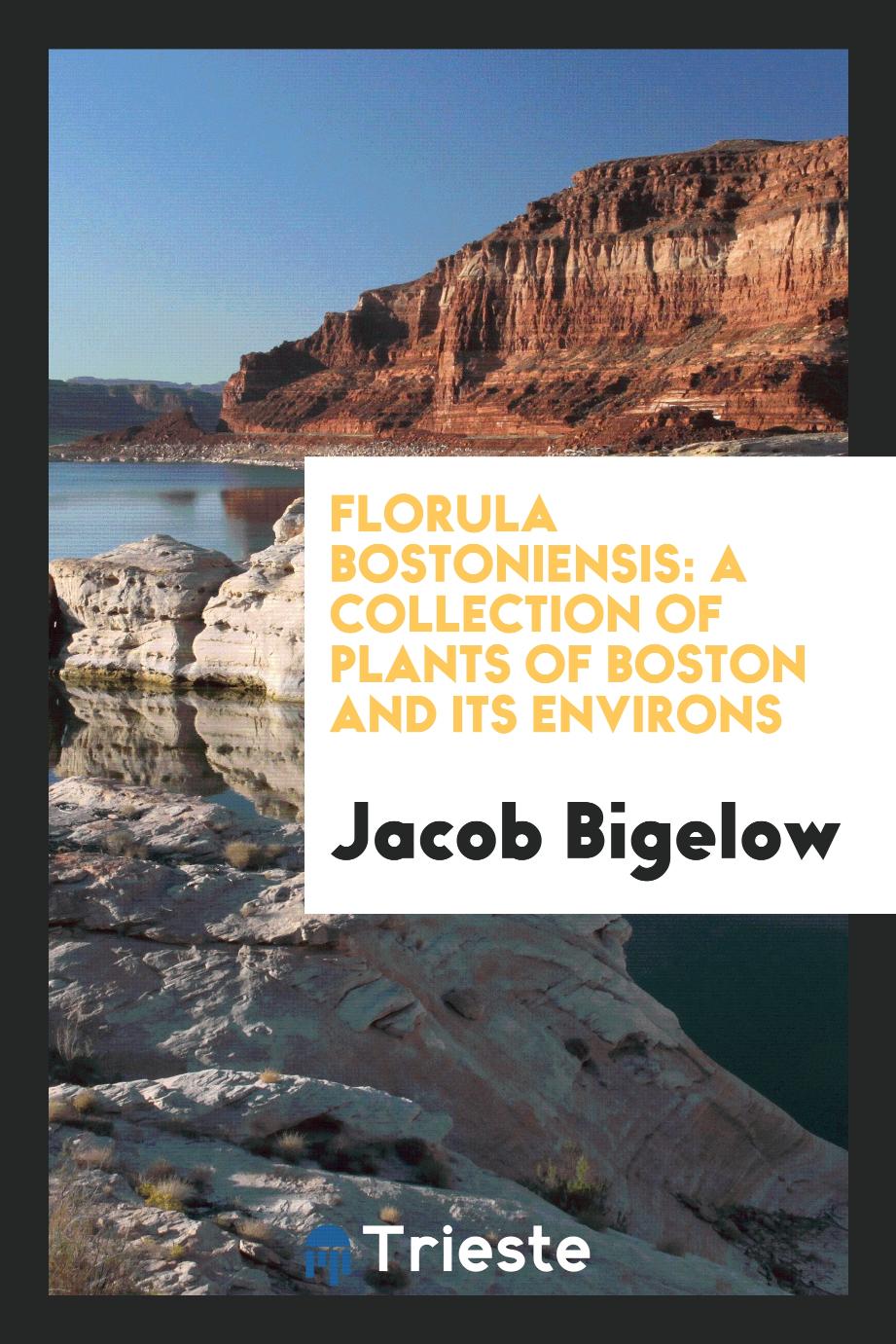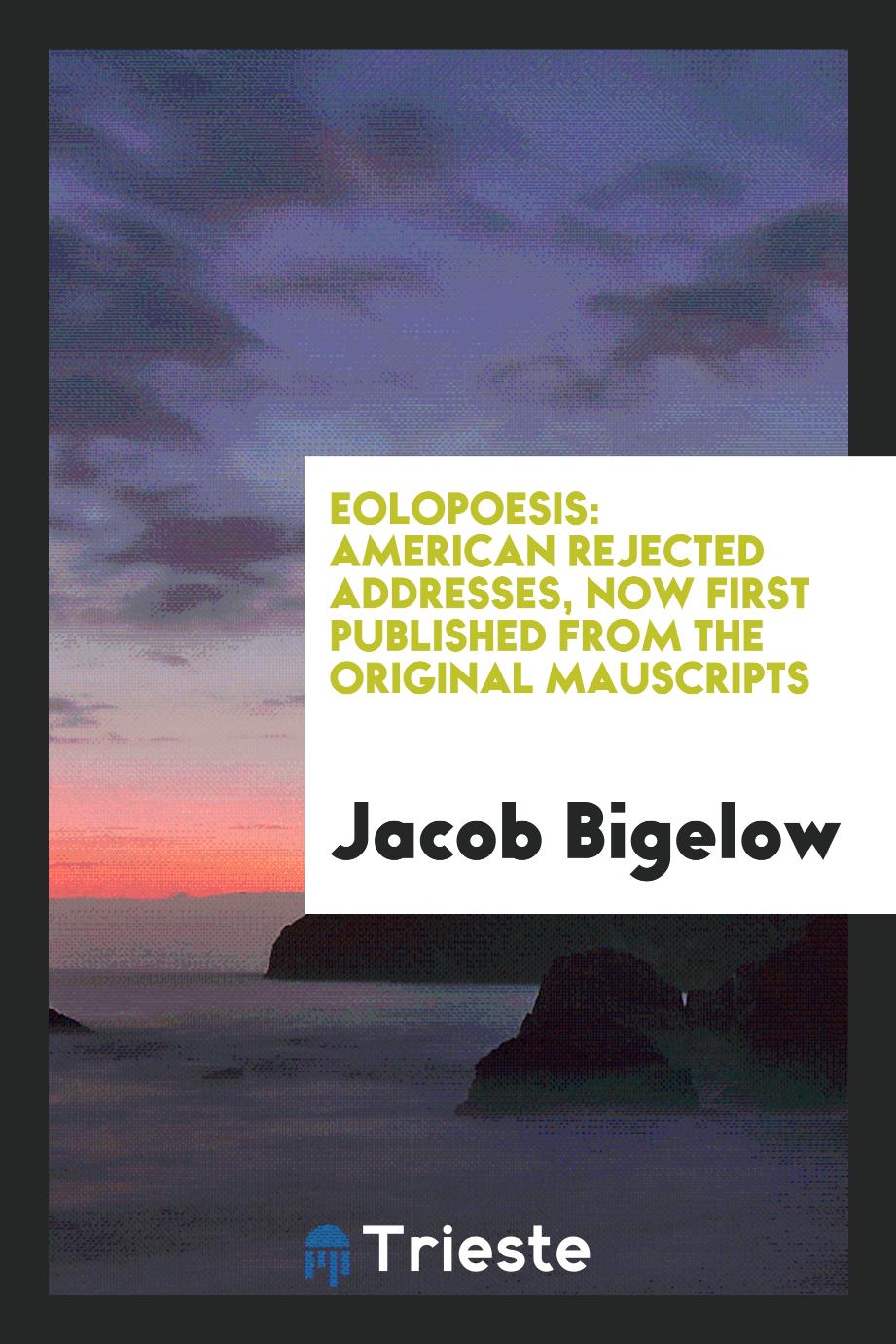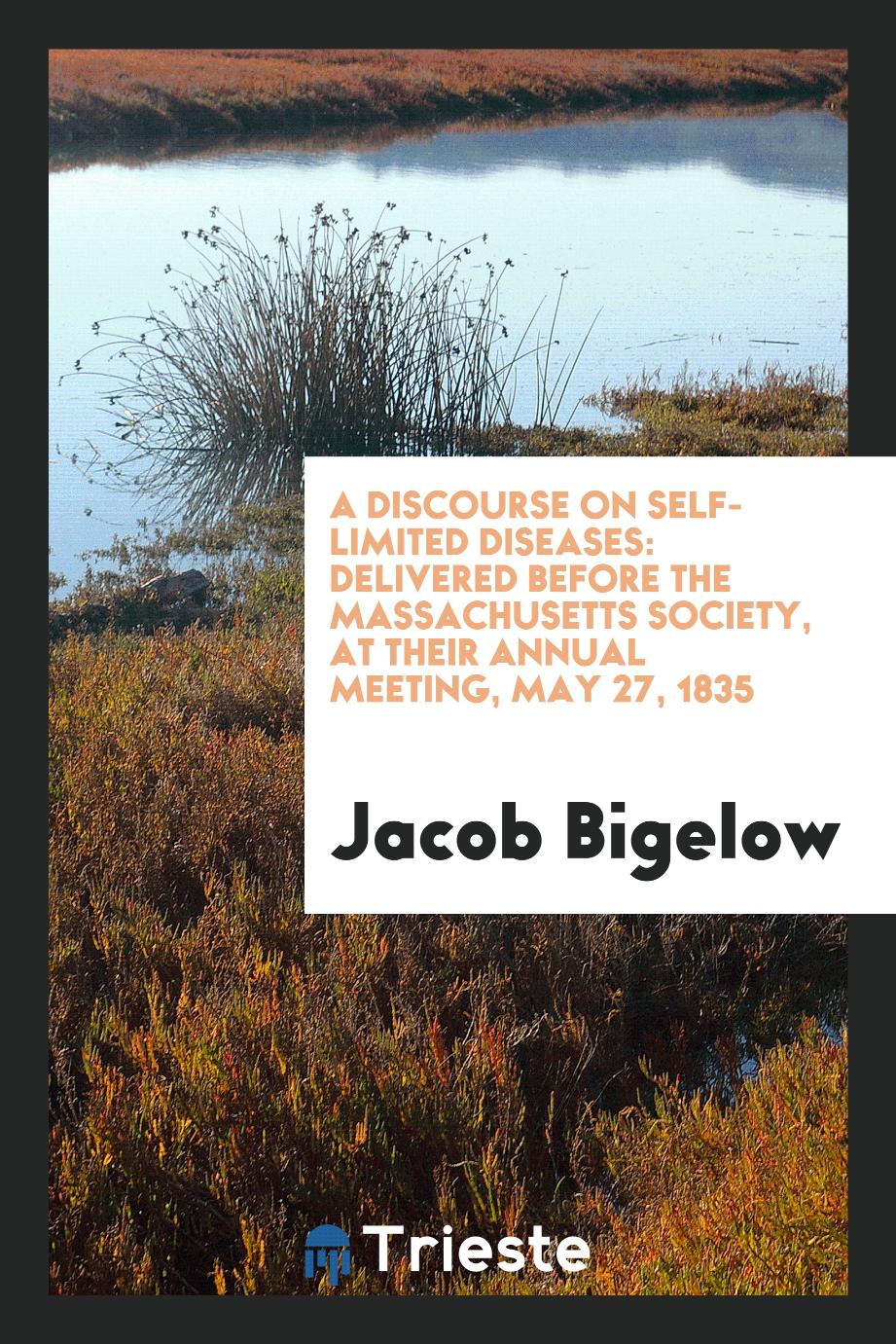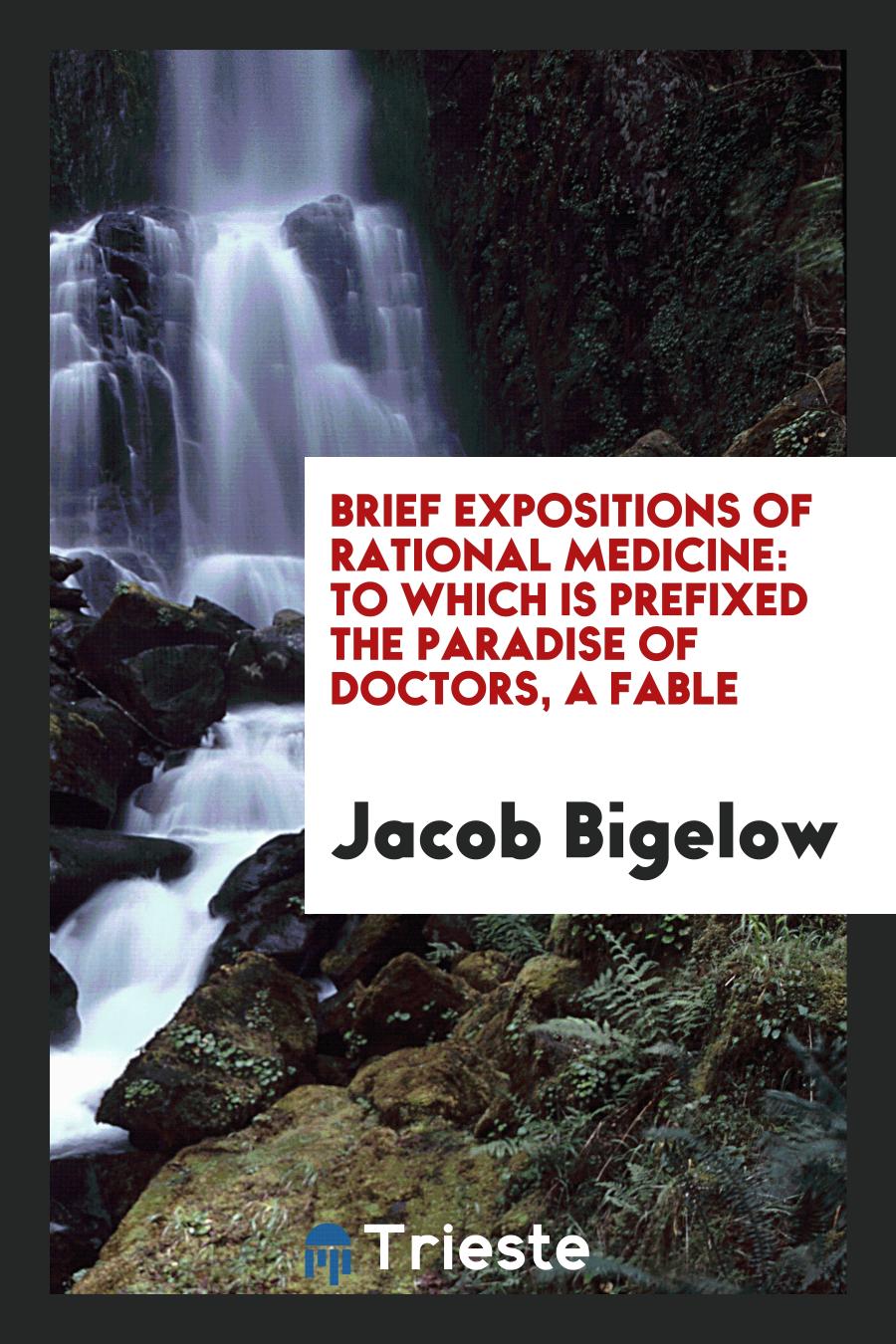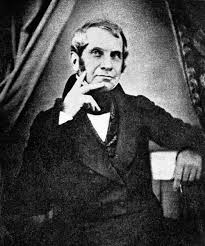
Jacob Bigelow
Jacob Bigelow (February 27, 1787 - January 10, 1879) was an American physician, botanist and botanical illustrator. He was architect of Mount Auburn Cemetery in Cambridge, Massachusetts, and the father of physician Henry Jacob Bigelow. The standard author abbreviation Bigelow is used to indicate this person as the author when citing a botanical name. Bigelow was born in Sudbury, Massachusetts on February 27, 1787 (other sources claim 1786). Bigelow graduated from Harvard College in 1806 and then studied under John Gorham. He then graduated from the University of Pennsylvania medical school in 1810. He also studied under botanist Benjamin Barton. He was elected a Fellow of the American Academy of Arts and Sciences in 1812. Bigelow taught medicine and botany at Harvard and published numerous books, including one of America's first botanical books, American Medical Botany. His interest in mechanics led to his appointment as Rumford Professor, a position endowed at Harvard for the purpose of teaching the application of science to the useful arts, which he held from 1816 to 1827. His interest in mechanics and non-biological sciences was also illustrated by the publication of his Elements of Technology in 1829. Bigelow came up with the idea for Mount Auburn Cemetery as early as 1825, though a site was not acquired until five years later. Bigelow was concerned about the unhealthiness of burials under churches as well as the possibility of running out of space. With help from the Massachusetts Horticultural Society, Mount Auburn Cemetery was founded on 70 acres (280,000 m2) of land authorized by the Massachusetts Legislature for use as a garden or rural cemetery. It was dedicated in 1831 by Joseph Story, first president of the Mount Auburn Association. Bigelow died on January 10, 1879 and was buried in Mount Auburn Cemetery.
